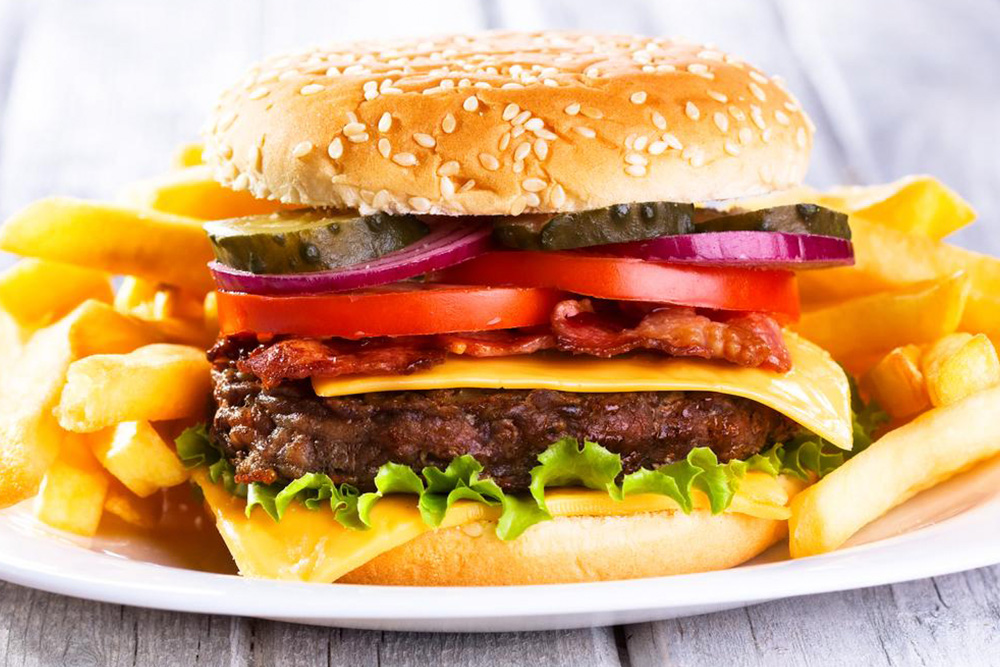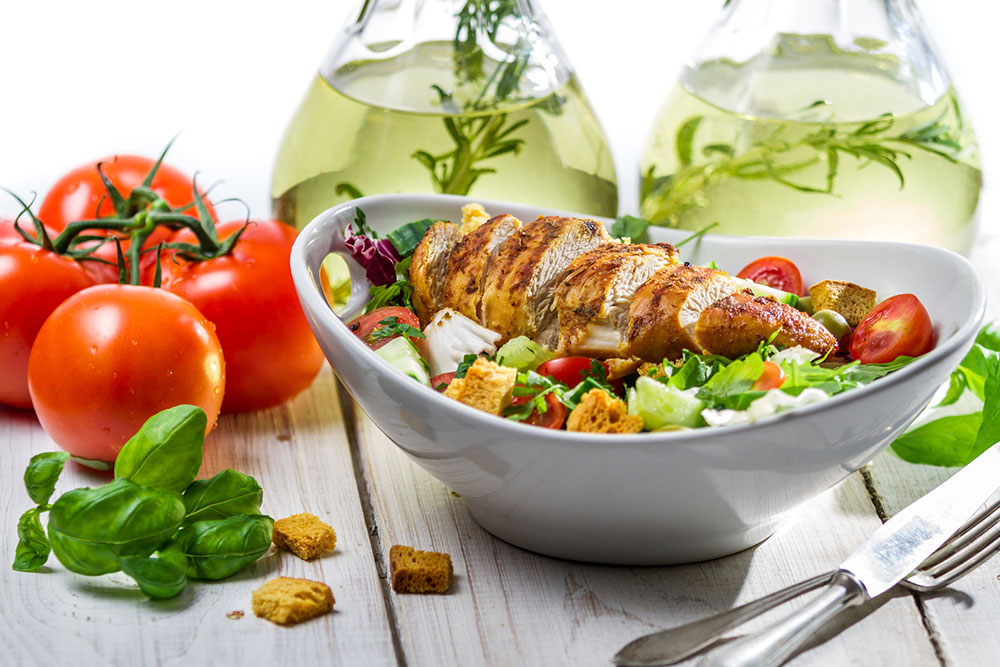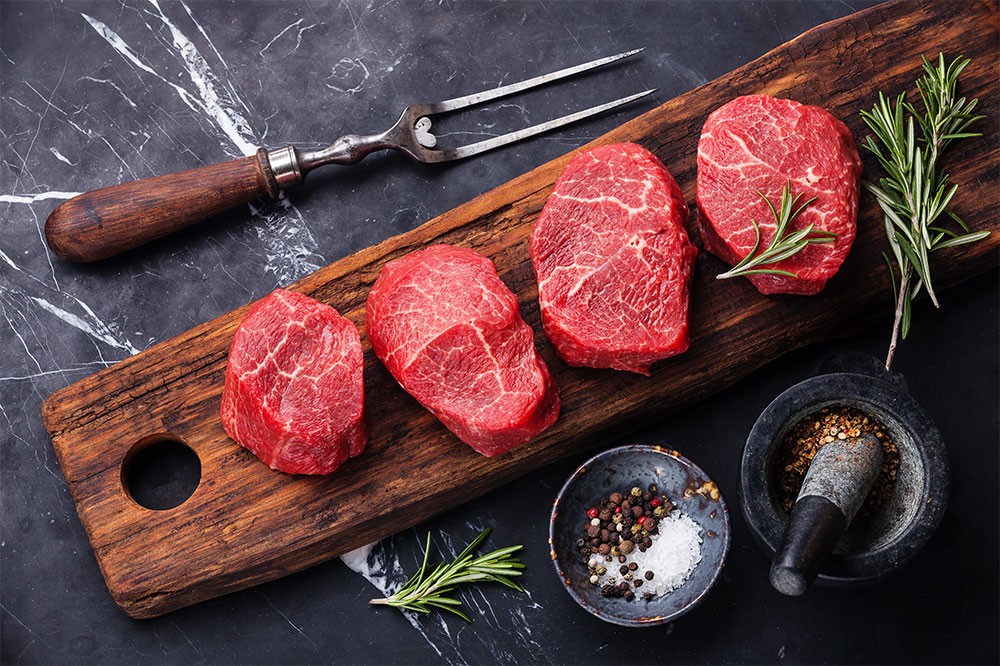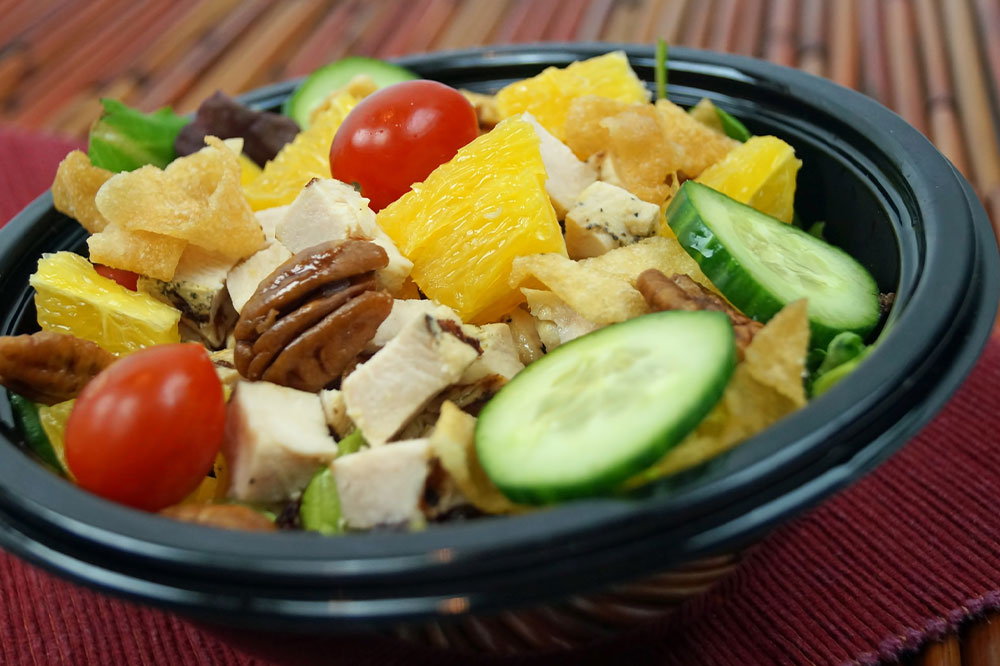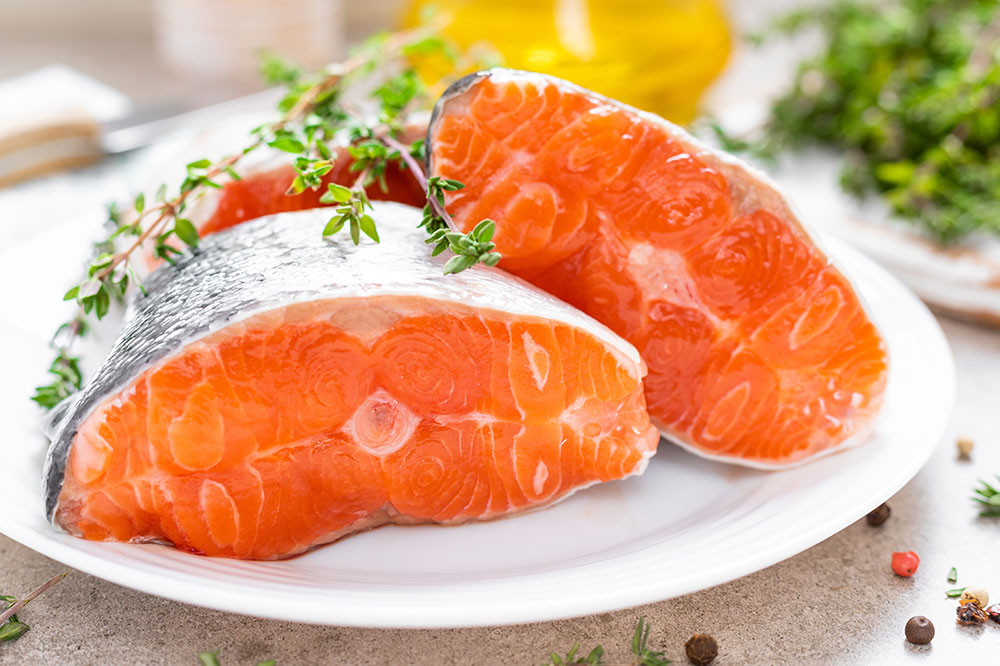Comprehensive Guide to Foods That Worsen Arthritis and How to Manage Your Diet
Discover essential dietary guidelines to alleviate arthritis symptoms by avoiding foods that trigger inflammation. Learn which foods to limit, including red meats, refined carbs, fried foods, gluten, and processed items. Incorporating these insights into your diet can help reduce joint pain, lower inflammation, and improve overall health. This comprehensive guide offers practical advice to support your arthritis management journey through improved nutrition, helping you lead a more comfortable and active life.

Essential Dietary Restrictions for Managing Arthritis Symptoms
Living with rheumatoid arthritis can be challenging, and many sufferers actively seek strategies to alleviate pain and reduce flare-ups. Among these, diet plays a crucial role. Certain foods are known to promote inflammation, worsen joint pain, and exacerbate disease symptoms. Conversely, adopting an anti-inflammatory diet and avoiding common dietary triggers can make a significant difference in managing arthritis effectively.
While there is no cure for rheumatoid arthritis through diet alone, modifying your eating habits can complement medical treatment, help control symptom severity, and improve overall quality of life. Being informed about what foods to avoid enables you to make healthier choices that support joint health and reduce inflammation.
Mitigating arthritis symptoms involves recognizing and reducing intake of foods that trigger inflammation and aggravate joint pain. Certain common dietary items can contribute to unnecessary caloric intake, weight gain, and increased joint inflammation. By identifying and limiting these foods, you can manage symptoms more effectively and enhance your overall health.
Red meats and Processed Meats
Red meat is often at the top of the list of foods to steer clear of for arthritis management. These meats contain high levels of saturated fats, which can incite inflammation and promote oxidative stress within the body. Additionally, red meat has a significant amount of Omega-6 fatty acids, which, in excess, may contribute to the inflammatory process associated with arthritis. Many individuals observe considerable improvement when they limit red meat consumption, especially opting for lean cuts such as chicken or turkey, which provide necessary protein and nutrients without fueling inflammation.
Refined Carbohydrates and Sugary Foods
Foods rich in simple carbohydrates, such as white bread, white rice, pastries, sweets, and sugary beverages, cause rapid spikes in blood sugar levels. Elevated blood sugar can stimulate the release of cytokines—chemical messengers that promote inflammation. These foods are also associated with weight gain, contributing additional stress on the joints and exacerbating pain. Replacing refined carbs with whole grains, legumes, and vegetables helps maintain stable blood sugar levels and reduces inflammatory responses.
Deep-Fried and Greasy Foods
Deep-fried foods, including fried chicken, French fries, and fried snack foods, contain high levels of advanced glycation end products (AGEs). These compounds are formed when foods are cooked at high temperatures and are linked to increased cellular oxidation and inflammation. Not only are these foods inflammatory, but they also tend to be high in unhealthy trans fats and saturated fats, both of which can promote weight gain and systemic inflammation. Choosing baking, steaming, or grilling methods instead can significantly reduce the intake of harmful compounds.
Gluten-Containing Foods
Found in wheat, barley, rye, and related products, gluten can sometimes trigger inflammation, especially in individuals with autoimmune responses such as rheumatoid arthritis and celiac disease. For sensitive individuals, reducing gluten intake may lead to symptom relief, decreased joint swelling, and improved overall well-being. Consulting with a healthcare professional before making significant dietary changes is recommended, especially for those with known autoimmune conditions.
Alcohol Consumption
Though moderate alcohol intake might be tolerated by some, excessive drinking can raise C-reactive protein levels—a marker of inflammation—and exacerbate joint pain and swelling. Alcohol also promotes dehydration and may interfere with medications used to treat arthritis. Limiting or abstaining from alcohol can contribute to reduced inflammation and better control over arthritis symptoms.
Processed and Packaged Foods
Processed foods, including packaged snacks, ready-to-eat meals, and convenience foods, often contain refined ingredients, trans fats, added sugars, and artificial preservatives that can promote inflammatory processes. Reading food labels carefully helps identify foods that are supportive of inflammation reduction and joint health. Choosing whole, minimally processed options like fresh fruits, vegetables, nuts, and seeds can drastically improve dietary quality and symptom management.
Foods Cooked at Very High Temperatures
Cooking methods such as grilling, broiling, roasting, or charbroiling produce advanced glycation end products (AGEs). These compounds interfere with normal protein function and stimulate inflammatory pathways, making them particularly problematic for individuals with rheumatoid arthritis. Avoiding heavily charred or burnt foods and opting for gentler cooking methods can reduce exposure to AGEs and support healthier joints.
Ultimately, while no strict diet can cure rheumatoid arthritis, being mindful of these common dietary triggers and consciously avoiding inflammation-promoting foods can substantially aid in symptom control. Combining dietary strategies with medical treatment and lifestyle modifications creates a holistic approach to managing arthritis effectively, promoting better joint function and overall well-being.
